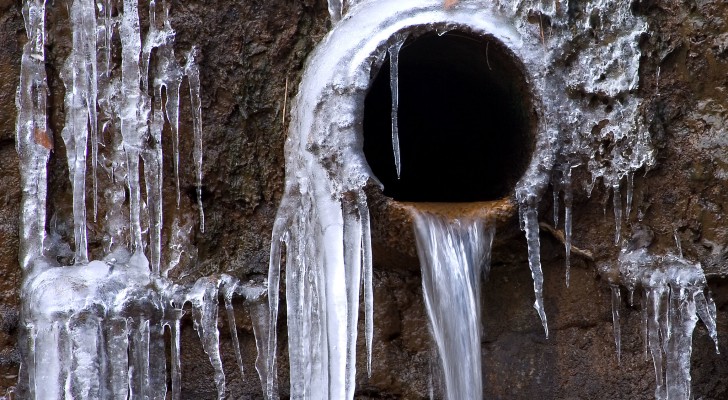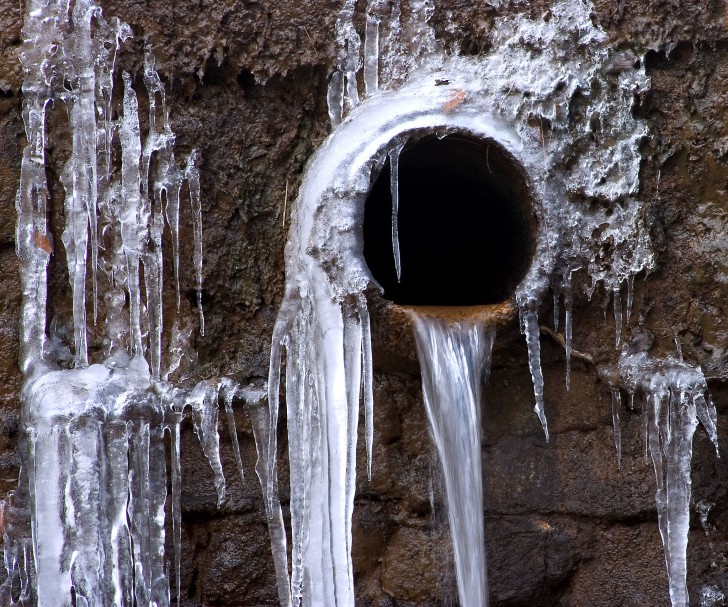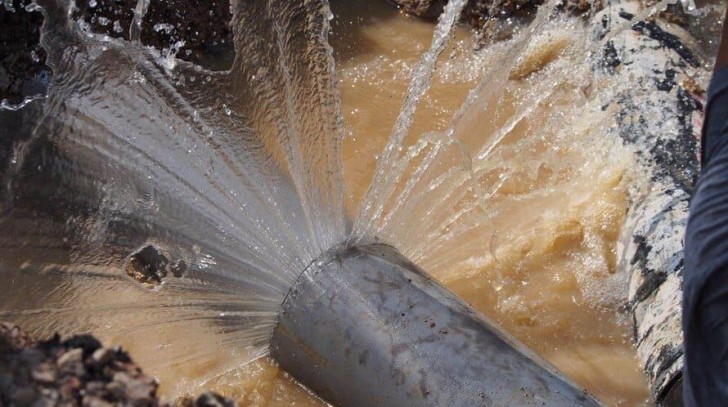How to prevent water pipes from freezing during the winter months

As winter approaches and temperatures gradually drop, there are chores that become essential carry out to protect your home from the harsh climate. While equipping yourself with a decent snow blower and cleaning and covering pools are relatively straightforward chores, protecting the pipes of your plumbing system is of fundamental importance - but this can be a challenging task.
Why is it important to protect the pipes from the cold? Even if you don't use the plumbing system for extended periods, there is always residual water in the system, and when temperatures drop below zero, this water can easily freeze and expand. Just like when bottles are left for too long in the freezer, plastic or metal pipes can be damaged by the pressure of water the water expanding, bursting/rupturing them and causing significant damage to the home.
Avoid being forced into expensive plumbing repairs by following these simple tips:
How to prevent pipes from freezing

The pipes most susceptible to freezing are those located on the exterior of the house and in unheated areas such as basements, garages, and attics. Even pipes in rarely used rooms are at risk.
You can easily prevent pipes from freezing by following some simple tips:
- In outdoor areas, remove flexible hoses before winter and store them in a protected area. Close the water supply and leave the faucets open to completely drain the pipes of any residual water. For added safety, add covers to the faucets.
- Exposed and easily accessible pipes can be insulated with a special foam insulation sleeve - an affordable remedy that is easy to source and install by yourself.
- If temperatures don't frequently drop below freezing for extended periods, you can also use a thick layer of newspaper for pipe protection.
- Movement/flow is essential to prevent pipe freezing. When possible, open the faucets to allow water to flow inside the pipes. Avoid turning off the heating system completely when you're away for extended periods; instead, set a temperature around 12 degrees C.
- Keep garages, attics, and basements closed and as insulated as possible to prevent them being exposed to dramatic drops in temperature.
- Open the doors of closets and cabinets to facilitate the flow of warm air towards the exterior walls, protecting your external pipes (and pipes in the walls).
What if the pipes are already frozen?

If the pipes are already frozen, close the main valve before carrying out any remedial work, so as to avoid major damage if the pipes have already ruptured.
- Allow the water to flow inside the pipes while keeping the tap open, to facilitate emptying them;
- If you can locate the frozen pipe and if it is easily accessible, apply heat by wrapping it with a warm towel or using a hairdryer or electric heater; dosing with saline solutions may also be useful, since these will lower the freezing point, helping to melt any ice;
- If you are unable to locate the frozen pipe or if it is not easily accessible, you will need to seek the help of a professional plumber.
Your pipes will now be winter-proofed thanks to these tips!